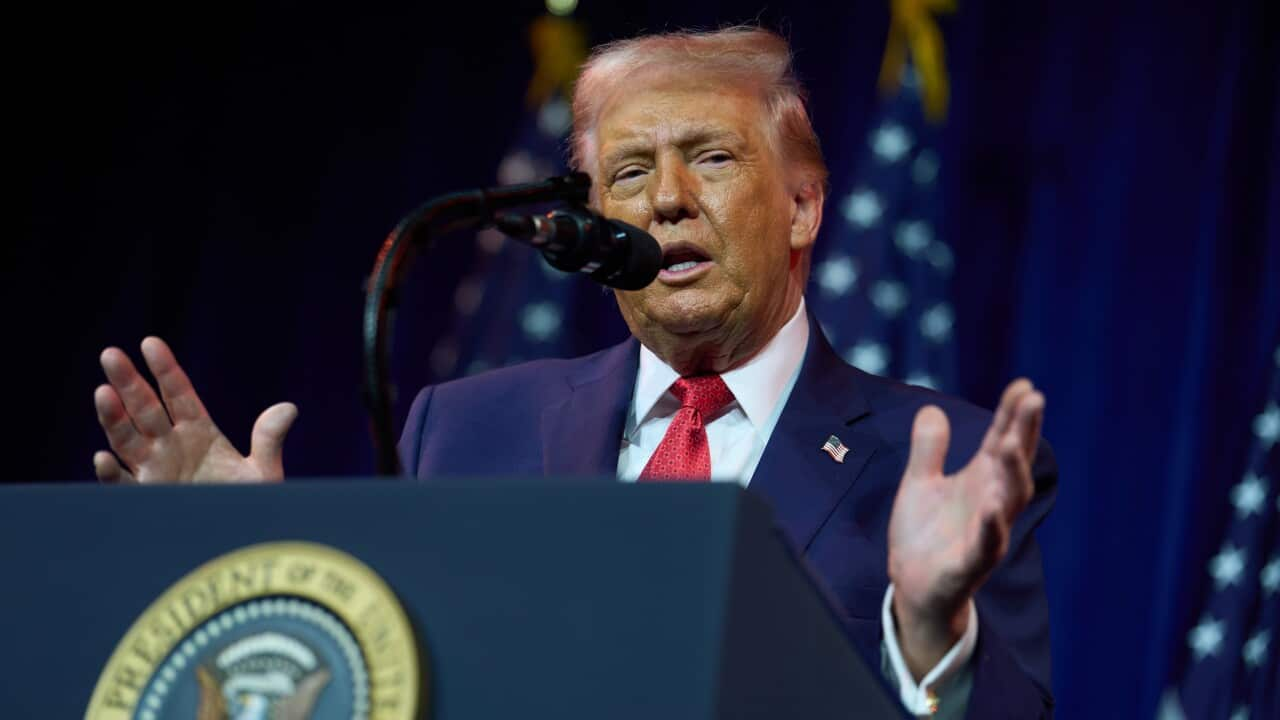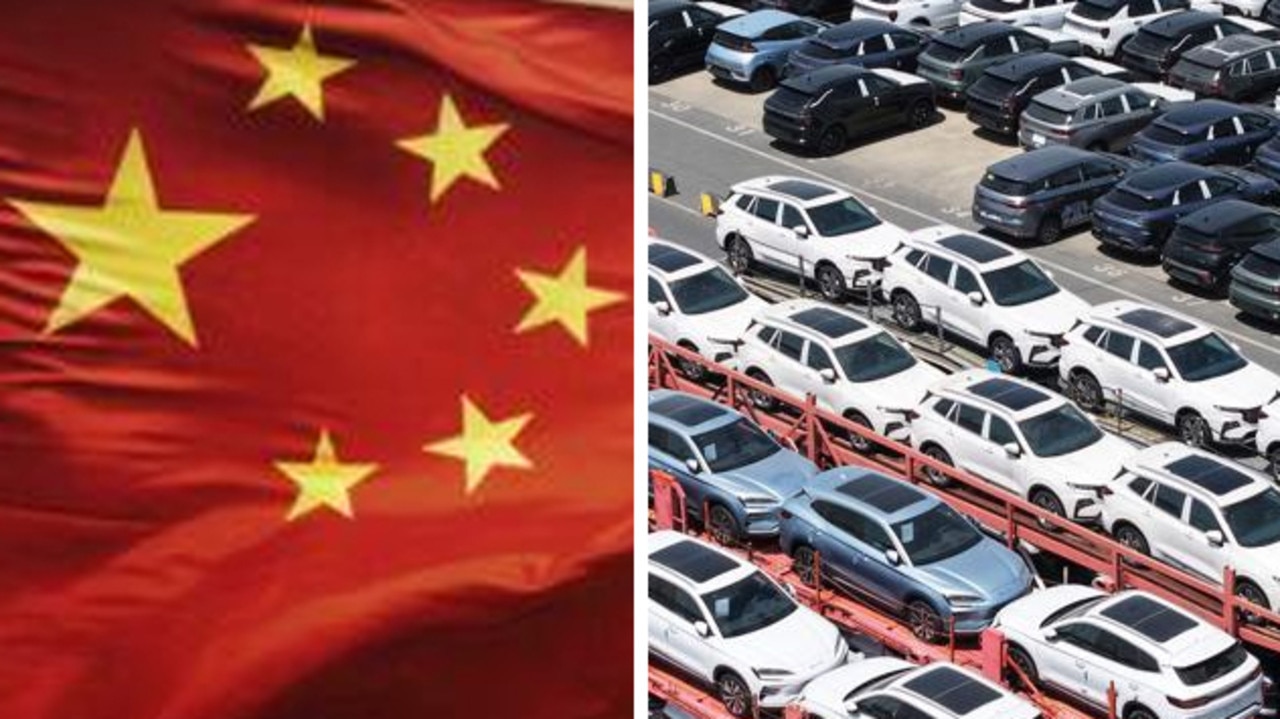
Former Australian ambassador to the United States, Kim Beazley, has urged Prime Minister Anthony Albanese to enhance the AUKUS security pact by incorporating a new agreement on critical minerals. This proposal aims to bolster the Trump administration’s support for the existing submarine deal as Albanese prepares for his upcoming visit to Washington in October.
Beazley, who also served as a defense minister and opposition leader, emphasized Australia’s strategic advantage in supplying rare earths to the U.S., which is actively seeking supply chains independent of China. These minerals are essential for advanced military technologies, including radar and laser systems used in fighter jets, submarines, and drones. Beazley suggested that a third pillar of AUKUS should involve Australia financing the processing of these rare earths for U.S. defense needs.
“Critical minerals are the ball game for the Chinese, and it is also the main ball game for countering China,” Beazley stated in an interview. “AUKUS pillar three would be Australia taking responsibility and supplying the U.S. with what it needs. We are totally critical here. It is really a game, set and match equation if we play it right.”
Strategic Importance of Critical Minerals
Prime Minister Albanese is set to meet with U.S. President Donald Trump at the White House on October 20. A major discussion point will be the status of the nuclear submarine deal, currently under Pentagon review due to concerns about the U.S.’s production capacity. The Albanese government has been advocating for AUKUS as a cornerstone of U.S. strategic interests in the Indo-Pacific, especially in the context of China’s growing influence.
On a recent episode of ABC’s Insiders, Albanese linked AUKUS’s second pillar to Australia’s abundant supply of critical minerals like cobalt and lithium. He highlighted Australia’s vast resources, stating, “Australia has everything that is in demand, almost the entire periodic table.”
“We went to the election saying that we would have a critical minerals reserve, and that that would be a way in which we ensured that markets couldn’t be manipulated,” Albanese added, referencing past market manipulations by China.
The Role of AUKUS and Global Dynamics
The AUKUS pact, initially recognized for its $368 billion nuclear submarine acquisition, also aims to enhance collaboration with the U.S. and UK on emerging technologies such as AI and robotics. Recent reports suggest that Australia is keen to finalize an agreement ensuring U.S. access to its rich mineral deposits.
Beazley noted that while mining and processing rare earths may not be inherently profitable, government funding is crucial. He pointed out China’s strategic use of its rare earth dominance, which often overlooks the financial costs of exploration and processing.
Critical minerals are vital for manufacturing advanced technologies, including mobile phones, semiconductors, and medical equipment. They are also crucial for low-emission technologies like electric vehicles and solar panels. China’s control over the global rare earths market poses a significant risk to Western sovereignty.
Looking Ahead: Diplomatic and Economic Implications
As Albanese prepares for his Washington visit, the potential expansion of AUKUS to include critical minerals could redefine the geopolitical landscape. This move would not only strengthen U.S.-Australia ties but also counterbalance China’s influence in the region.
During a recent interview on Sky News’ Sunday Agenda, Albanese expressed a positive rapport with President Trump, stating, “They’ve been very warm, the conversations that we’ve had. And he was very generous in the comments that he made when we discussed after my re-election.”
The upcoming bilateral meeting between Albanese and Trump will likely address these strategic concerns, potentially setting the stage for a more comprehensive AUKUS agreement that includes critical minerals as a key component.







